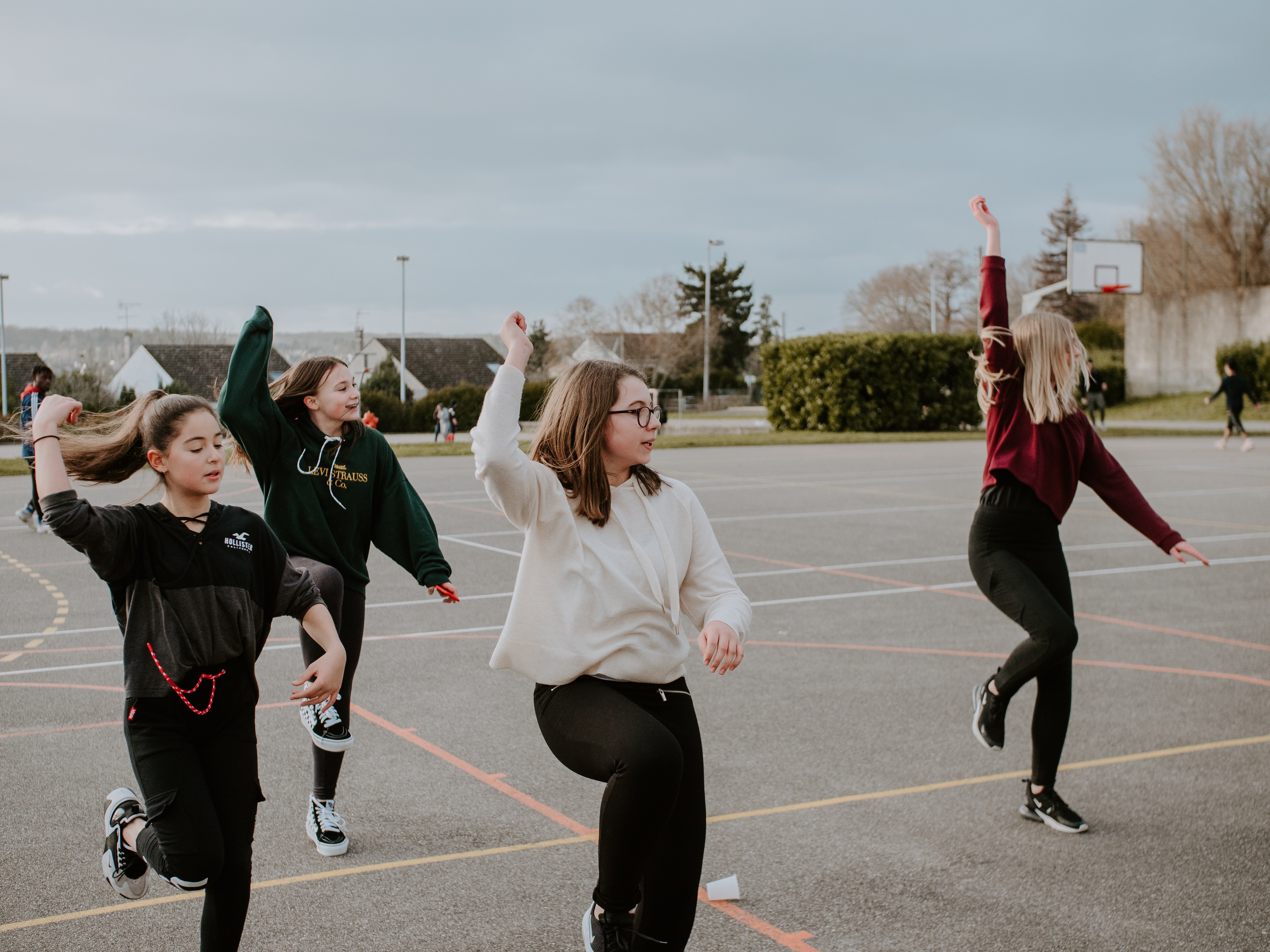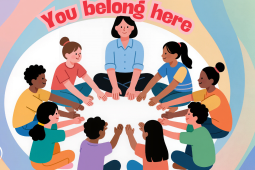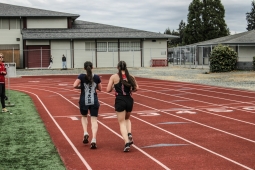Support for Social Development for Young Women and Girls Experiencing Systemic Barriers

PROPEL - Support for Social Development for Young Women and Girls Experiencing Systemic Barriers
PROPEL is a pilot project that invited girls and young women experiencing systemic barriers to physical activity to co-design a physical activity program to increase their access, participation, and inclusion in programming. The project focused on identifying structural, social, cultural, and interpersonal barriers to participation, and incorporated ways to address them in the programming. Participants expressed that the PROPEL project increase their access and rates of physical activity, they also shared that their feelings of belonging, and social and community connections increased as a result of their participation in the project. Professional development opportunities to front-line staff of various education settings, including child and youth workers and educational assistants were also provided to increase their knowledge, skills, and abilities for developing inclusive programming.
PHE Canada engaged 3 sites, 54 students in grades 8-12, and 11 front line workers in the project. The video shares first-hand experiences of the programming and resulting impacts for the participating sites.
The following outcomes were achieved with the PROPEL pilot:
- Increased intention of participants to engage in physical activity.
- Improved cultural awareness, confidence, and social engagement for participants.
- Reduction in identified barriers to participation.
- Greater inclusion across sport and physical activity opportunities.
- Enhanced capacity of front line staff to provide quality physical activity programming and support to youth facing systemic barriers.








